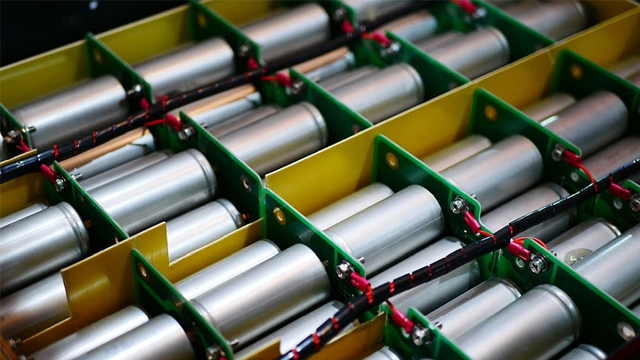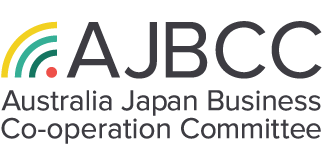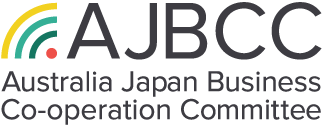11 Dec Reducing Risks in Lithium Supply Chains
On Friday 10 December, the AJBCC teamed with the Critical Minerals Consortium and Monash Energy Institute from Monash University and a range of co-hosting organisations on an Australia-Japan Foundation-funded online symposium “Critical minerals for climate change mitigation – Reducing risks in lithium supply chains.”

Australia is a major supplier of lithium and Japan is a major consumer. They are uniquely placed to enact strategies that can maintain long-term supply resilience. Learn about key opportunities and risks for Australia – Japan lithium value chains.
Lithium battery production requires lithium mining, beneficiation, refining, electrochemical production, cell production and assembly. Australia and Japan are key players across several of these supply stages, but both rely heavily on China for the intermediate processing of refined lithium materials, exposing both of them to increased risks of supply disruption. The COVID-19 pandemic has revealed many fragilities in such critical metal supply chains.
This bilateral symposium gathered Australian and Japanese expertise in critical minerals production, processing and recycling across academia-government-industry to:
- Identify collaborative research and innovation.
- Opportunities for Australia and Japan in the lithium value chain.
- Identify specific supply chain vulnerabilities that may be impacted by climate change and geopolitical conflict by providing an analytical framework for evaluating critical mineral security and capacity.
- Provide competitive advantages through targeted training that boosts opportunities for Australian and Japanese industries (mining, refining and battery manufacturing).
For more information on the symposium click here.
View one of the sessions below, featuring presentations from:
- Mitch Thomas, Rio Tinto
- Anita Parbhakar-Fox, University of QLD
- Stephen Northey, University of Technology Sydney



